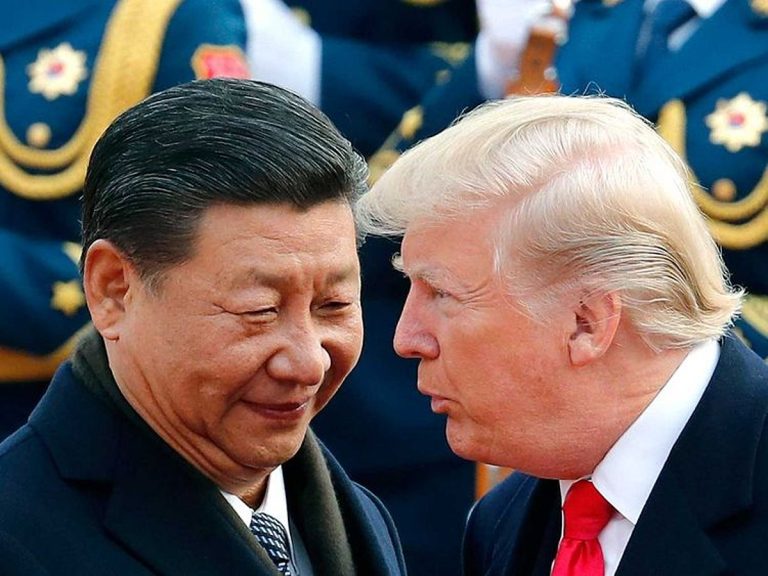Pakistan and Afghanistan Reach Ceasefire After Clashes
After a week marked by severe border clashes, Pakistan and Afghanistan have reached a ceasefire agreement during high-level discussions in Doha, Qatar. This development comes as a relief amid escalating tensions that have plagued the two nations for months.
Details of the Ceasefire Agreement
The ceasefire, announced by Pakistan’s Defence Minister Khawaja Asif and his Afghan counterpart Maulvi Muhammad Yaqub Mujahid, aims to halt hostilities and ensure mutual respect for sovereignty. A follow-up meeting is scheduled for October 25 in Istanbul to finalize the implementation details of this agreement.
In a statement on social media platform X, Asif confirmed that attacks originating from Afghanistan would cease immediately, emphasizing the commitment to respect each other’s territorial integrity. Qatar’s Foreign Ministry has indicated that subsequent meetings will focus on verifying and maintaining the ceasefire in a sustainable manner.
Background of the Clashes
The recent violence began on October 11, when Afghan forces reportedly launched an unprovoked attack on Pakistani border posts. According to Pakistan’s military, this resulted in the deaths of 23 soldiers, while over 200 Taliban fighters and affiliated militants were killed in Pakistan’s retaliatory strikes.
In response to the escalating conflict, Pakistan conducted precision strikes on militant hideouts in Afghanistan’s Kandahar and Kabul provinces, targeting groups linked to the Hafiz Gul Bahadur faction and the banned Tehreek-i-Taliban Pakistan (TTP). The situation worsened following a suicide attack on a Pakistani military installation in North Waziristan, which resulted in the deaths of seven soldiers and injuries to 13 others, despite a temporary 48-hour truce.
Diplomatic Efforts and Regional Dynamics
As the clashes intensified, diplomatic efforts were initiated in Doha, facilitated by Qatari and Turkish officials who have historically maintained relationships with both Islamabad and Kabul. Pakistan expressed gratitude to these mediators, with Asif acknowledging their role in bringing the two sides together.
Relations between Pakistan and the Taliban-led government in Afghanistan have been strained since 2023, primarily due to accusations from Islamabad that Kabul is harboring TTP militants responsible for cross-border attacks. Afghanistan has denied these allegations, asserting that it does not permit its territory to be used for hostile actions against any nation. Conversely, the Taliban has accused Pakistan of conducting unauthorized strikes within Afghan territory and disseminating misinformation.
Ongoing Security Concerns
The security landscape in Pakistan’s Khyber Pakhtunkhwa and Balochistan provinces has deteriorated significantly since the TTP ended its ceasefire with Islamabad in late 2022, leading to a surge in violence and hundreds of attacks. While the ceasefire agreement provides a temporary respite, both nations remain cautious about future interactions.
FAQs
What prompted the ceasefire between Pakistan and Afghanistan?
The ceasefire was prompted by a week of deadly border clashes that began with an unprovoked attack by Afghan forces on Pakistani posts, leading to significant casualties on both sides.
When is the next meeting to discuss the ceasefire details?
A follow-up meeting is scheduled for October 25 in Istanbul, where both countries will finalize the implementation details of the ceasefire agreement.
How have relations between Pakistan and Afghanistan changed recently?
Relations have been tense, particularly since 2023, due to accusations from Pakistan that Afghanistan is harboring TTP militants. Afghanistan, in turn, denies these claims and accuses Pakistan of conducting unauthorized strikes.
Conclusion
The ceasefire agreement between Pakistan and Afghanistan marks a significant step towards reducing hostilities and fostering dialogue. As both nations prepare for the upcoming meeting in Istanbul, the focus will be on establishing verification mechanisms and preventing future escalations. The situation remains delicate, and continued diplomatic efforts will be crucial in maintaining peace in the region.
The ceasefire agreement reflects a broader context of regional instability, where both nations have faced internal and external pressures. The Taliban’s governance in Afghanistan has been met with skepticism from neighboring countries, particularly regarding its ability to control militant groups operating along the border. This situation complicates diplomatic relations and raises concerns about the potential for renewed violence.
Additionally, the international community has been closely monitoring the developments between Pakistan and Afghanistan, as both countries play pivotal roles in regional security dynamics. The United States and other nations have expressed interest in supporting peace initiatives, recognizing that stability in Afghanistan directly impacts Pakistan and vice versa. The outcome of the upcoming discussions in Istanbul could set a precedent for future engagements and conflict resolution efforts in the region.
Also Read:
Hamas to Return Bodies of Two Hostages Amid Tensions
Hamas Reaffirms Commitment to Hostage Remains Recovery
United Airlines Plane Collides at O’Hare, No Injuries Report







